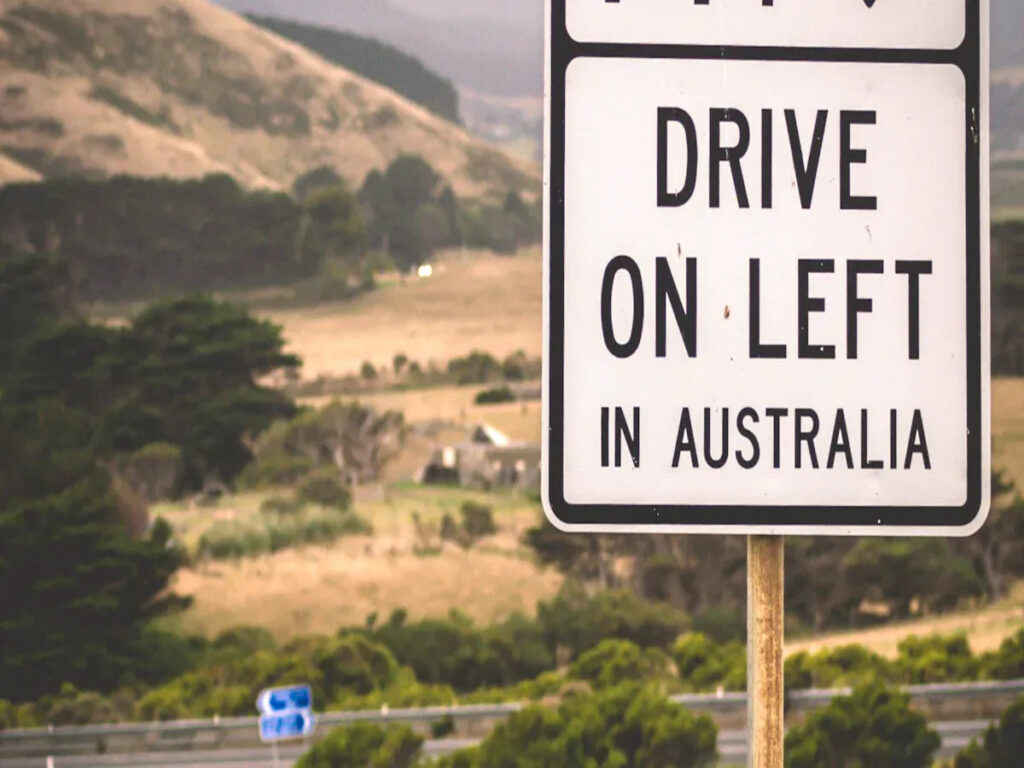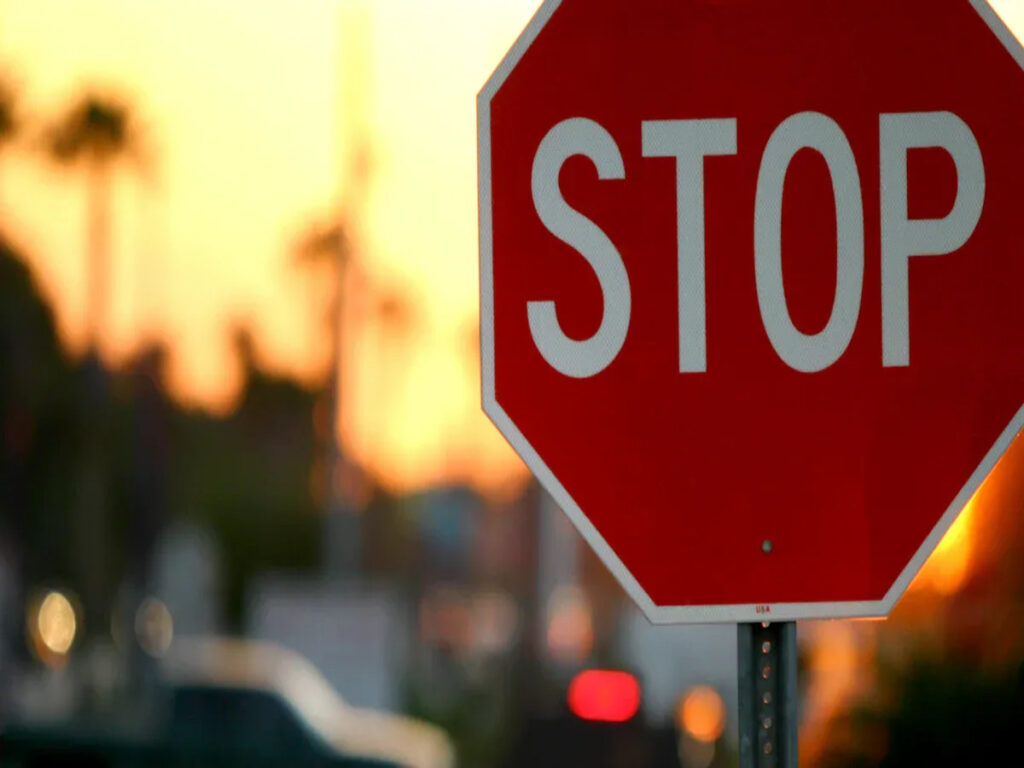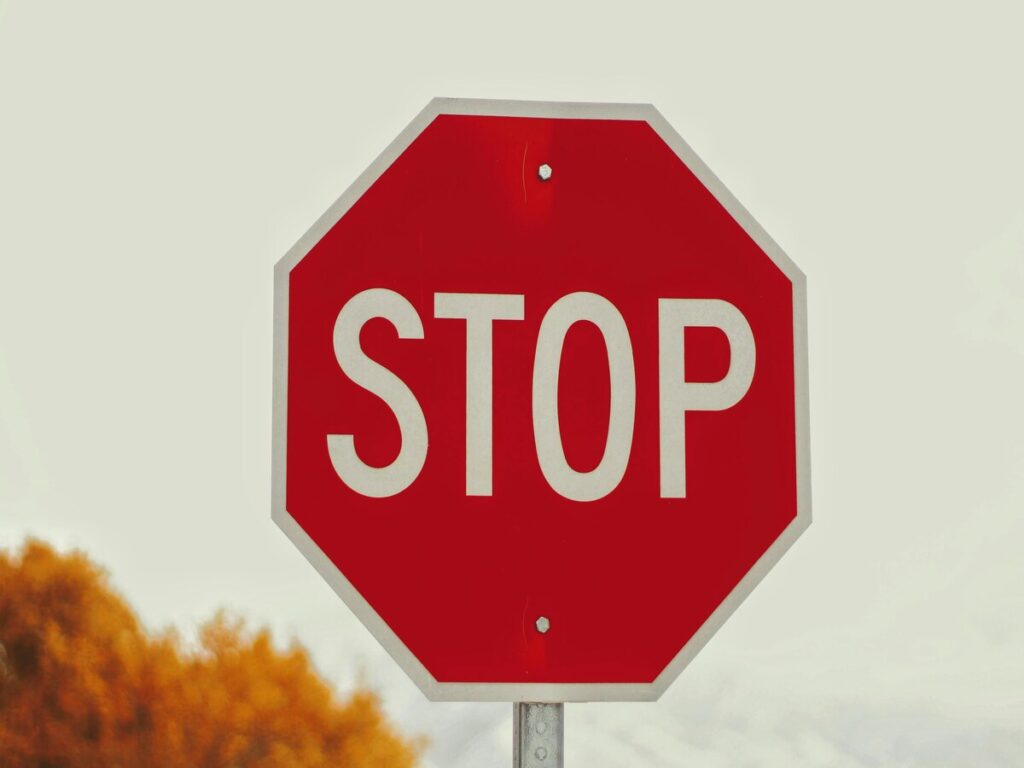
Walking to school helps kids stay active and protects nature. Sin embargo, ensuring their safety on the way requires good planning. Safety cones for sale and other traffic tools are essential for protecting young walkers. They assist by guiding cars and clearly marking safe areas for children.
Measures such as speed-checking devices and fences are effective in school zones. Research indicates that these measures slow down vehicles and prevent accidents. By addressing traffic issues, you can make school journeys safer for all children.
That’s why investing in high-quality, reliable traffic equipment is so important. At OPTRAFICO, we offer a wide range of traffic tools for sale, including safety cones for sale, portable traffic signs, and delineator posts — all designed to support safer school zones. Whether for councils, contractors, or schools themselves, OPTRAFFIC delivers the tools needed to make every walk to school safer and smarter.
Control de llave
- Safety cones for sale are important in school areas. They help direct cars and show safe spots for kids, lowering accident risks.
- Adding traffic calming tools, like speed bumps and slower speed zones, reduces accidents and keeps children safer.
- Special safety plans are made for each school’s needs. Grants can pay for these safety improvements.
- Getting safety gear from local sellers follows Australian rules and helps local businesses.
- Joining events like #WalktoSchoolDay encourages healthy routines and teaches why safe paths for kids matter.
Safety Cones for Sale: Making School Zones Safer

Easy to See and Manage Traffic
Safety cones help keep roads near schools safer. Their bright colours and shiny strips make them easy to spot, even when it’s dark. Drivers can see them and know where kids might be walking or cycling. This helps drivers slow down and be more careful, lowering the chance of accidents.
Cones also help organise traffic by marking paths for walkers and areas cars shouldn’t go. When placed smartly, they guide cars and people, stopping confusion and keeping things moving smoothly. Por ejemplo, cones can make temporary lanes during busy school drop-off times. This makes things safer and keeps traffic flowing better.
Use Them Anytime or All the Time
Safety cones can be used for short-term or regular needs. You can set them up during events like #WalktoSchoolDay or use them daily at schools. Por ejemplo, cones near school gates during busy hours can create a safe space for kids.
Besides short-term use, cones can also be part of long-term safety plans. Schools and councils use them to mark places needing extra care, like crossings or bus stops. Since cones are easy to move, they’re great for spots where permanent signs or barriers aren’t possible.
Why Safety Cones Are Helpful
Safety cones offer many benefits for school zones. They make clear boundaries so kids stay in safe areas. This lowers the risk of accidents with cars.
Cones also help manage traffic by guiding both drivers and walkers. This reduces jams and makes the area safer for everyone. Más, cones are affordable, making them a good choice for schools and communities wanting better road safety.
Using safety cones in school zones creates a safer and more organised space. These simple tools are important for keeping kids safe and making their walk to school better.
That’s why many schools and local councils trust OPTRAFICO when looking for a reliable safety cone for sale. Known for durability, visibilidad, and value, OPTRAFFIC cones are designed to meet the daily safety needs of school environments. Whether it’s managing drop-off zones or guiding foot traffic, OPTRAFFIC provides the right tools to create safer streets for children.
Traffic Infrastructure: Creating Safer Paths for Schoolchildren
Crosswalks and Flashing Lights
Crosswalks and flashing lights help make roads near schools safer. They help drivers notice kids crossing, Especialmente durante los tiempos ocupados. Flashing lights in school zones warn drivers to slow down and stay alert. These tools make walking to school safer for children.
Studies show these upgrades work well. Por ejemplo:
| Study Location | Measure Used | Result |
|---|---|---|
| Los Angeles, California | Smart Pedestrian Warning system | Drivers yielding improved from 20-30% a 72-76%, with speeds reduced by 2-12 km/h. |
| Miami-Dade, FL | NHTSA and FHWA safety measures | 13% fewer pedestrian crashes, dropping to 50% of original levels. |
| Las Vegas, NV | Smart lighting with automatic pedestrian detection | Better safety, Especialmente por la noche, was observed. |
These results show how crosswalks and flashing lights lower accidents. Adding these features makes walking routes safer for kids.
Speed Bumps and Lower Speed Limits
Speed bumps and lower speed limits help control traffic in school zones. Bumps slow cars down, while lower limits make drivers more careful. These changes reduce accidents and make roads safer for kids.
Research proves these methods work:
- 28% drop in pedestrian crashes after lowering speed limits from 40 km/h to 30 km/h in Toronto.
- 67% fewer serious or fatal injuries after speed limit reductions.
- 57% fewer cars speeding due to speed cameras.
- 19% fewer crashes and 21% fewer severe or deadly accidents with lower speed limits.
Adding speed bumps and enforcing lower speed limits makes school zones safer. These changes also encourage families to join events like #WalktoSchoolDay.
Bollards and Safety Fencing
Bolardos and safety fencing keep kids safe by separating them from cars. These barriers are useful in busy areas, stopping cars from entering unsafe zones.
Bollards have many advantages:
- They clearly separate walkers from vehicles, Reducción de accidentes.
- Reflective bollards are easy to see, improving safety for everyone.
- They help traffic flow better during busy times, avoiding jams.
- Bollards block unauthorised cars from entering restricted areas, keeping kids safe.
Safety fencing works with bollards to guide kids along safe paths. Juntos, they improve traffic control and safety near schools. Installing bollards and fencing protects kids and makes school zones more organised.
Real-World Examples of School Safety Improvements

Wy Yung Rd and Howitt Ave Intersection Upgrade
The Wy Yung Rd and Howitt Ave upgrade shows how better roads help school zones. New traffic lights and crossings were added to improve safety. These changes made it easier for drivers to see kids and stop quickly. The safer crossings gave students better paths for walking or cycling to school.
This upgrade also reduced traffic jams during busy times. Organised traffic flow lowered the chance of accidents. Parents and local leaders praised the project for making the area safer for children. Projects like this show why road safety investments are important for protecting young walkers.
Safer School Zones Across Australia
Many school zones in Australia now use smart safety tools. These include speed bumps, flashing lights, and radar trailers. In Finland, digital speed signs slowed cars by 5-6 mph in school areas, cutting accident risks. In Clinton, Kansas, radar trailers reduced speeds by 6.1 mph near the trailer and 2.9 mph further away. Overall, speeds dropped by 17.5%, making roads safer for kids.
| Location | Speed Drop (mph) | Notes |
|---|---|---|
| Finland | 5-6 | Average drop in school zones |
| Clinton, Kansas | 6.1 | Near radar trailer |
| Clinton, Kansas | 2.9 | Further away from trailer |
| Various Locations | 6-8 | Effective for over a year |
These examples show how simple tools can make roads safer. Slower cars and better visibility protect children in school zones. You can support similar ideas in your area to keep students safe.
Choosing the Right Safety Equipment for Australian Schools
Strong and Weatherproof
Safety equipment for schools must be strong and long-lasting. Australia’s weather can change quickly, from hot sun to heavy rain. The equipment should handle these conditions without breaking or wearing out. Por ejemplo, good-quality safety cones don’t crack in the heat or become weak in the cold. Reflective parts on cones and bollards help drivers see them in foggy mornings or at night.
Buying weatherproof equipment saves money over time. You won’t need to replace it often, leaving more funds for other safety projects. Strong materials also make sure safety tools work well, keeping kids safe in all weather.
Customised Solutions for Each School
Every school has different safety needs. Customised tools can solve specific problems better. Por ejemplo, schools near busy roads might need extra bollards or flashing lights. Rural schools could use portable cones for temporary safety setups.
Grants make customisation easier to afford. Schools can apply for federal or state funding to pay for safety upgrades. Por ejemplo:
| Funding Source | What It Offers |
|---|---|
| ESSER Fund | Over $13 billion for needs like safety improvements. |
| State Grants | Special programmes for local school safety challenges. |
Parents and community leaders can also help. They can point out risks and suggest practical solutions. Customised tools make safety plans more effective, creating a safer place for students.
- Grants help schools afford tailored safety tools.
- Community ideas ensure solutions fit real needs.
- Customised tools improve safety for everyone.
Buying from Local Suppliers
Getting safety equipment from local suppliers helps schools and communities. Australian manufacturers know the country’s safety rules and make products that follow them. This ensures the tools are safe and work well in school zones.
Buying local also supports the economy. It creates jobs and helps local businesses grow. Local suppliers often deliver faster and provide better support, making it easier to fix or replace equipment when needed.
Choosing local suppliers ensures that safety tools meet national standards. It also helps the community grow, benefiting both schools and local areas. This approach is good for everyone involved.
Safety cones for sale and traffic tools make school zones safer for kids. They help drivers see better, guiar el tráfico, and mark safe areas. This keeps children safe while walking or cycling near schools.
Joining #WalktoSchoolDay encourages healthy habits and highlights school safety needs.
- Research shows that lowering speed limits to 30 km/hour and adding traffic calming tools slows cars down. Slower cars mean fewer crashes and injuries, keeping kids safer.
Spending on good safety tools helps schools and communities for years. You can help by supporting these changes and promoting safer paths for students.
Preguntas frecuentes
What is the purpose of #WalktoSchoolDay?
#WalktoSchoolDay encourages kids to walk or cycle to school. It promotes healthy habits and helps protect the environment. The event also highlights the need for safer routes for students. Communities are inspired to support traffic safety projects.
How do safety cones improve school zone safety?
Safety cones for sale make school zones safer by being easy to see. Their bright colours and reflective strips warn drivers to slow down. They also mark safe areas for kids to walk or cycle. This keeps children away from dangerous spots near traffic.
What are some essential traffic safety tools for schools?
Important tools include crossing signs, flashing lights, and speed bumps. Bollards and safety fences also help keep kids safe from cars. These tools slow vehicles, mejorar la visibilidad, and separate walkers from traffic.
Why should schools choose local suppliers for safety equipment?
Local suppliers know Australian safety rules and make strong products. Their equipment lasts in tough weather, like heat or rain. Buying local also helps the economy and ensures quicker delivery. Schools get better service and reliable tools.
How can communities support safer school routes?
Communities can push for better traffic features like crosswalks or speed bumps. Parents and leaders can point out dangers and suggest fixes. Joining events like #WalktoSchoolDay shows the need for safer paths to school.
